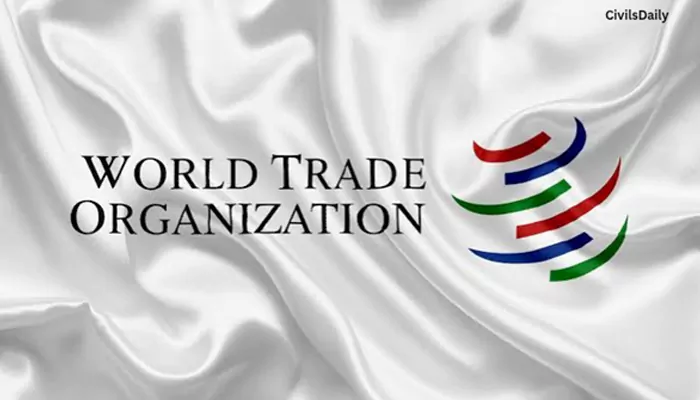One Global Step at a Time: Inside Kamala Harris' Diplomatic Evolution on the World Stage
- Nomeeta
- 1 year ago
- 4 minutes read

Kamala Harris transformed her supporting position into an intensive learning experience in international diplomacy.
As the first female vice president of the United States, Harris has navigated complex international relations with poise and vision. Harris’s debut on the global stage as the Democratic flag bearer was a moment that captured the intricate dynamics shaping her foreign policy aspirations. It also hinted at the style of statesmanship she might embrace as president. For the past three and a half years, serving as vice president to a commander-in-chief deeply passionate about foreign affairs, Harris had a scant opportunity to carve out a unique doctrine or worldview of her own.
Harris began her role without extensive global experience, but both her advisers and foreign officials note that she transformed her supporting position into an intensive learning experience in international diplomacy. A former senior adviser recounted how Harris would take home large briefing books and frequently quiz staff on various foreign policy matters. Her international travels, meetings with world leaders, and collaborative efforts with Biden on major foreign policy crises—such as the wars in Ukraine and Gaza—have imbued her with a level of gravitas that was absent when she first ran for president in 2020.

Harris and Biden
Harris has closely aligned with her boss's viewpoints, even as her role has evolved to include a more prominent role in addressing various global conflicts. In meetings and international trips, she's often served as a fixer and bearer of tough news on Biden's behalf, taking up the traditional vice-presidential role. Critics, including Donald Trump and his Republican allies, argue that Harris was complicit with Biden as the global crisis unfolded. They highlight her claim in a CNN interview that she was the final person consulted by Biden before his decision to proceed with the US withdrawal from Afghanistan, which ended in turmoil and tragic violence.
Despite this, Harris has maintained a close alignment with Biden, though there are indications that she might not entirely replicate his approach if she were to take on the presidency. She has championed key allies that Biden couldn't fully engage with and has been a more vocal advocate for issues that have not always received the president's focus, notably the plight of Palestinians in Gaza.

Harris on Israel
Vice President Kamala Harris has engaged with over 150 world leaders since taking office, but her July meeting with Israeli Prime Minister Benjamin Netanyahu stood out. Harris took an unusual step by delivering remarks after the meeting—something she likely wouldn’t have done if Biden were running for a second term. While reaffirming her unwavering support for Israel, she also voiced a more urgent concern about the plight of the Palestinians.
“We cannot allow ourselves to become numb to the suffering,” Harris declared outside her ceremonial office near the White House, “and I will not be silent.” Despite White House officials maintaining that there is no difference between Biden's and Harris’s positions on Middle East policy, they have acknowledged a distinct difference in their tones regarding the Israel-Hamas conflict. Privately, a senior Democrat noted that Harris believes it’s possible to be “strongly pro-Israel” while also expressing that “this fight is not with the Palestinian people.”
As the Israel-Hamas war continues, Harris has shown a genuine interest in understanding the perspectives of the Arab American community in the US, according to sources familiar with her efforts.

Harris on Ukraine
For a foreign policy novice with ambitions for higher office, the war in Ukraine served as an intense crash course in wartime diplomacy. Just a month after Russia's invasion, Harris was sent to NATO’s eastern flank on a reassurance mission, which also required careful diplomatic handling. As she prepared to leave for Poland, tensions surfaced between Warsaw and Washington over the transfer of fighter jets to Ukraine.
While aboard Air Force Two, Harris spoke with Biden to ensure she was fully briefed on the issue. During meetings with leaders in both Poland and Romania, she aimed to affirm U.S. support for Ukraine and NATO allies while skillfully avoiding any public disagreements. Shortly before Russia’s 2022 invasion, Harris met with Ukrainian President Volodymyr Zelensky at the Munich Security Conference, discussing the latest American intelligence on the imminent threat.












